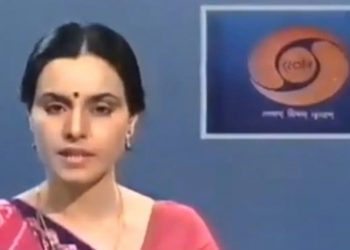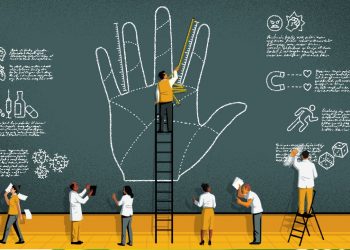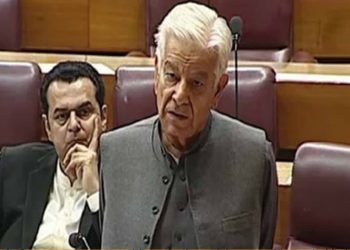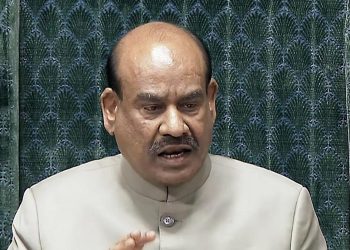West Bengal chief minister Mamata Banerjee on Friday wrote to Prime Minister Narendra Modi stating that she won’t attend the NITI Aayog meeting. “Given that the NITI Aaayog has no financial powers and the power to support state plans, it is fruitless for me to attend the meeting,” she said.
The council, the apex body of NITI Aayog, includes all chief ministers, lieutenant governors of Union Territories, several Union ministers, and senior government officials. This will be the first governing council meeting under the new Modi government.
Banerjee has listed out nine points to justify the reasons behind her skipping the crucial meet after the reappointment of the planning body. She compared it to the erstwhile planning commission and said that while the older model followed a bottom-up approach, where the body would hold regular meetings with state governments to solve problems and discuss resource mobilisation, the new structure is powerless.

She claimed that several former NITI Aayog members have made statements demanding that they be given some powers to allocate funds for developmental work in states.
This was not the first time, Mamata opted out of the meeting, expressing displeasure over the dissolution of the Planning Commission and creation of a new structure. West Bengal had zero representation in the
first-ever meet of NITI Aayog as the chief minister skipped it as a mark of protest against dissolution of the planning commission.
In her letter, Banerjee said the formation of NITI Aayog was unilaterally announced without any discussion with chief ministers.
Banerjee’s decision of not attending NITI Aayog meeting comes amid a heightened political tussle between the TMC and the Bharatiya Janata Party in West Bengal. With the saffron party bagging 18 out of 42 Lok Sabha seats in the general elections, its leaders have asserted that they would overthrow the Trinamool Congress government in the 2021 Assembly polls. The TMC, which had won 34 seats in 2014, was able to secure 22 seats this time.
Banerjee also suggested that focus should be shifted to the Inter-State Council (ISC) to deepen cooperative federalism and strengthen federal polity.
“The experience of the last four and half years we had with the NITI Aayog, brings me back to my earlier suggestion to you that we focus on the Inter-State Council constituted under Article 263 of the constitution, with appropriate modifications, to enable the ISC to discharge its augmented range of functions as the nodal entity of the country,” she said. “This will deepen cooperative federalism and strengthen federal polity. May I also reiterate that the National Development Council, which has been a quiet burial, may also be subsumed within the broadened constitutional body of the Inter-State Council.”
She cited examples of statements made by NITI Aayog officials and a former union minister stressing the need to give the think-tank the power to allocate funds, as part of the efforts to address regional imbalances.
On Thursday, the prime minister reconstituted the NITI Aayog, dropping Bibek Debroy while retaining other full-time members and including home minister Amit Shah as an ex-officio member.
Rajiv Kumar will continue as vice-chairman of the body, along with other full-time members VK Saraswat, Ramesh Chand, and VK Paul, an official statement said. Debroy was appointed full-time member when the Aayog was formed via a resolution of the Union Cabinet on 1 January, 2015.
Besides Shah, other three ex-officio members are Defence Minister Rajnath Singh, Finance and Corporate Affairs Minister Nirmala Sitharaman and Agriculture and Farmers Welfare Minister Narendra Singh Tomar.
Special invitees to the Aayog are Road Transport and Highways Minister Nitin Gadkari, Social Justice and Empowerment Minister Thawar Chand Gehlot, Railways and Commerce Minister Piyush Goyal, and Minister of State (Independent Charge) for Statistics and Programme Implementation Rao Inderjit Singh.
NITI Aayog is the premier policy think tank of the government and provides both “directional and policy inputs”. While designing strategic and long term policies and programmes for the Central government, it also provides relevant technical advice to the Centre and states. The Aayog was set up in 2015 after replacing the Planning Commission, a vestige of the socialist era.
Arvind Panagariya was the first vice-chairman of the Aayog. He was replaced by Kumar in September 2017.
Modi is set to chair the fifth meeting of the NITI Aayog’s Governing Council on 15 June to discuss various issues regarding the country’s development.








Discussion about this post